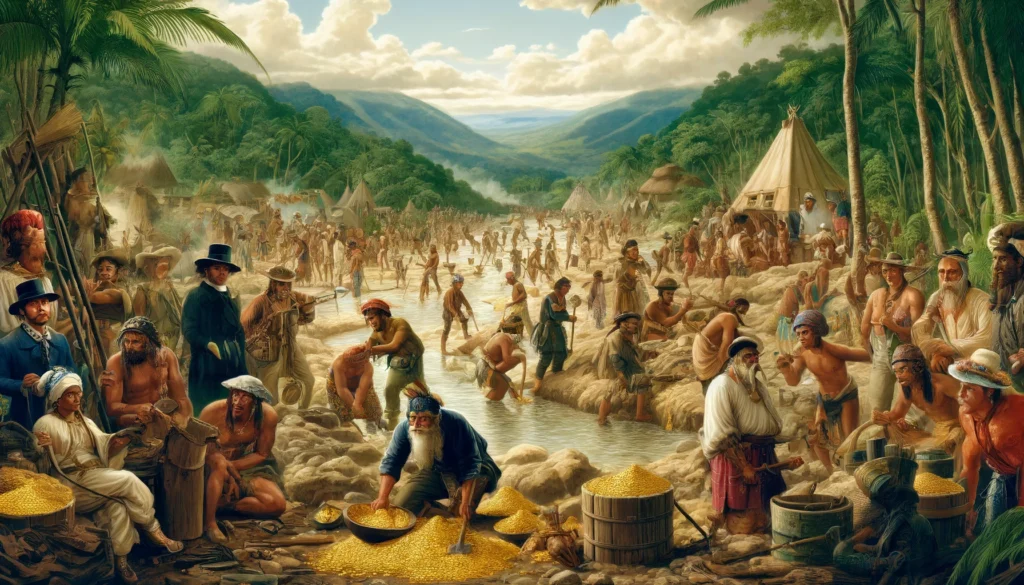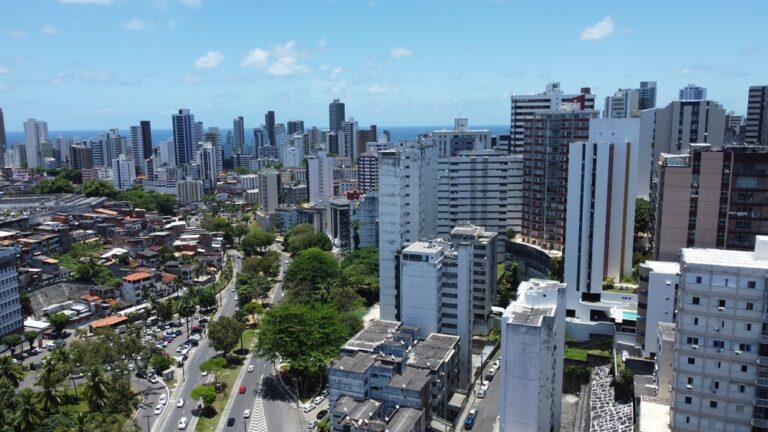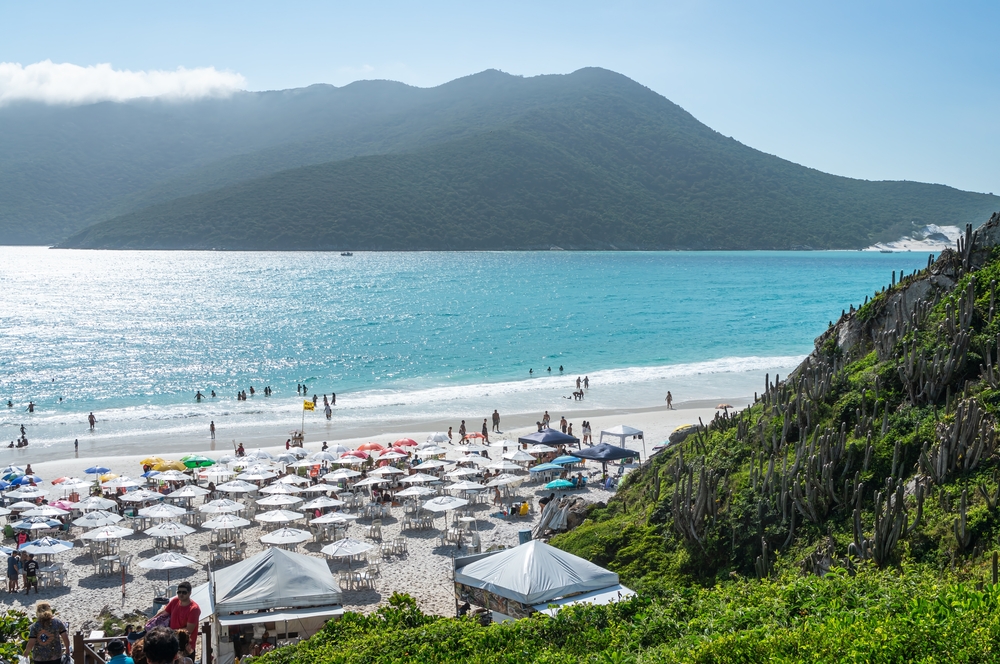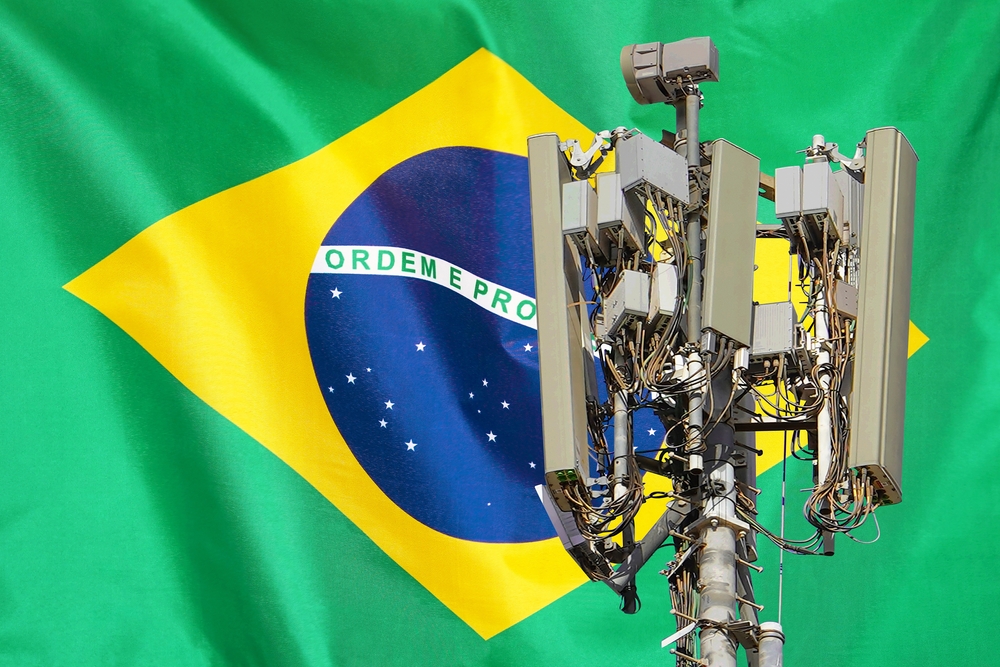In 1559, the search for gold in Brazil was driven by the Portuguese, who had established a presence in the region since the early 1500s. The search for gold was part of the broader European quest for wealth in the New World, motivated by the tales of vast riches and precious metals in the Americas.
Table of Content
ToggleEarly Portuguese Exploration
1. Initial Contact and Colonization:- The Portuguese first arrived in Brazil in 1500, led by Pedro Álvares Cabral.
– Initial efforts focused more on the coastal areas and the exploitation of Brazilwood, a valuable dye-wood.
2. Inland Exploration:
– As the coastal resources began to deplete, the Portuguese ventured further inland.
– Bandeirantes (explorers and fortune hunters) from São Paulo played a significant role in this inland exploration.
The Search for Gold
1. Bandeirantes and Expeditions:
– Bandeirantes were crucial in the search for gold. These men were often of mixed Portuguese and indigenous ancestry.
– They organized expeditions (bandeiras) into the interior regions of Brazil, seeking not only gold but also indigenous people for slavery.
2. Challenges Faced:
– The search for gold was fraught with difficulties. The dense rainforest, unfamiliar terrain, and resistance from indigenous tribes posed significant challenges.
– Despite these challenges, rumors and occasional small finds kept the hope of discovering vast gold deposits alive.
Results and Impact
1. Early Discoveries:
– While some gold was found, significant discoveries did not occur until later in the 17th century.
– Early efforts in the 16th century laid the groundwork for future exploration and exploitation.
2. Economic and Social Impact:
– The search for gold contributed to the expansion of Portuguese settlements into the interior.
– It also led to increased contact and conflict with indigenous populations.
3. Foundation for Future Exploits:
– The knowledge and experience gained by the bandeirantes in the 16th century were crucial for the more successful gold rushes of the 18th century.
– The eventual discovery of large gold deposits in Minas Gerais in the late 17th century triggered one of the largest gold rushes in history.
Broader Context
1. European Colonial Ambitions:
– The Portuguese search for gold in Brazil was part of the broader European colonial ambitions in the New World, driven by the promise of wealth and the desire to expand their empires.
2. Comparison with Other Regions:
– Similar efforts were undertaken by the Spanish in regions such as Mexico and Peru, where they had more immediate success in finding and exploiting gold and silver.
Conclusion
While the search for gold in Brazil in 1559 was not immediately fruitful, it played a crucial role in the history of Portuguese colonization in the region. It set the stage for the massive gold rushes that would come later and significantly shaped the economic and social development of Brazil. The persistence of the Portuguese explorers and the eventual success in finding gold in the interior regions had a profound impact on the history of Brazil and its development as a colony and eventually as an independent nation.











